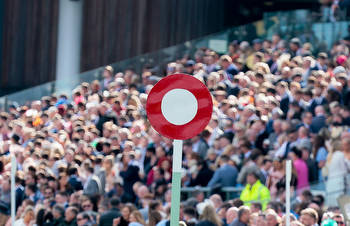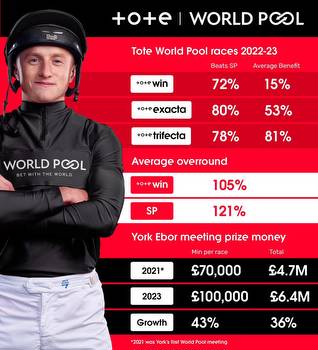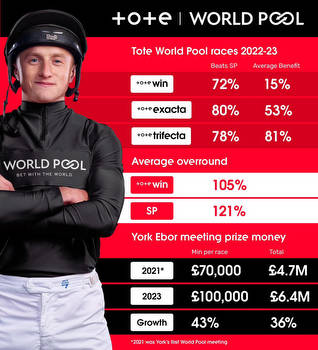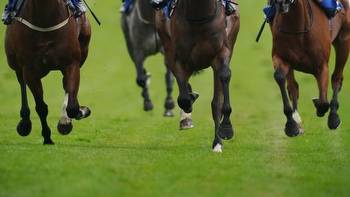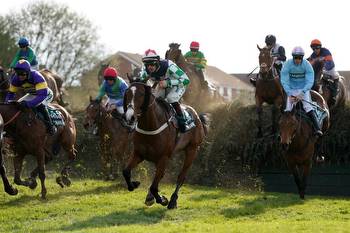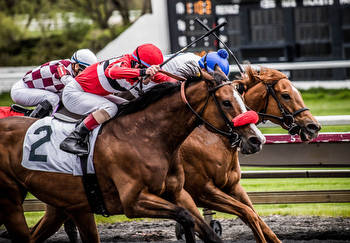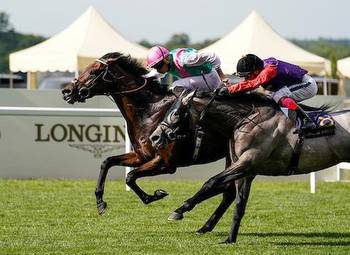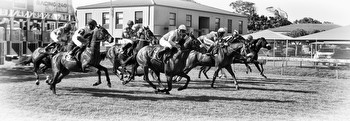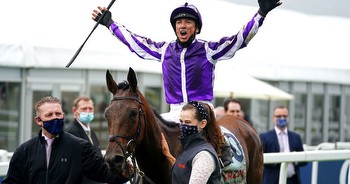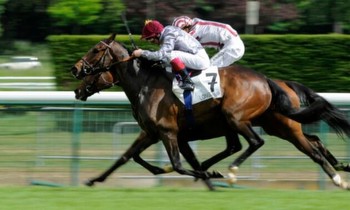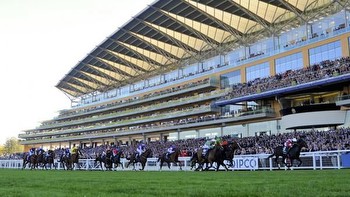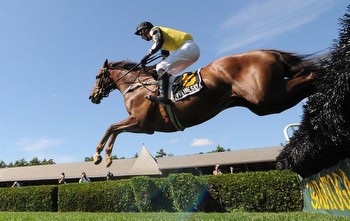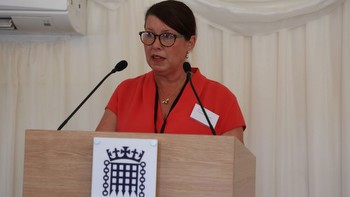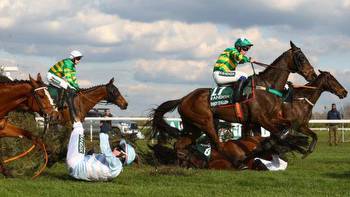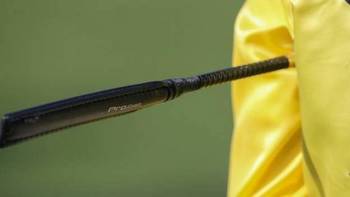Horse-racing in Britain is in deep trouble
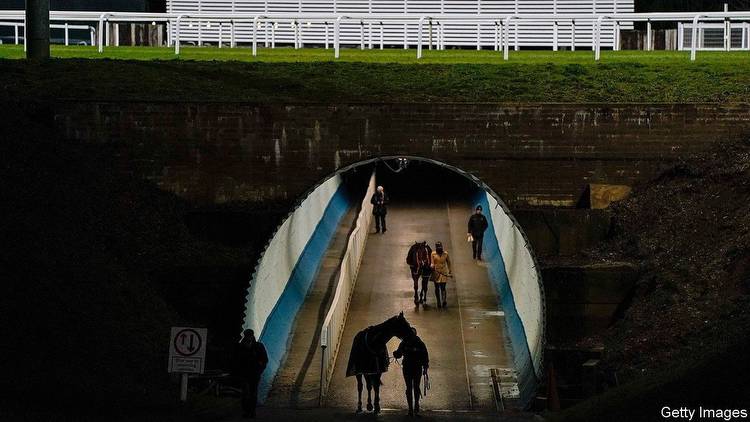
The sport is attracting fewer participants and smaller crowds. Why?
T of kings is down on its luck. The best measure of the health of horse-racing is the average field size, the number of horses competing in a race. At 8.17 across both flat and jumps racing in 2022, this figure is at its lowest in Britain since records began in 1995.
The reasons include rising costs and climate change—the dry summer prevented many young horses from racing on hard ground. But the big problem is falling prize money, which declined by 11% between 2018 and 2021. Among Group 1 flat races, the sport’s most prestigious events, the Epsom Derby rewards the winner with just over £900k ($1.1m); the winners of The Everest in Australia and of the Dubai World Cup get prizes of A$6m (£3.4m) and 26.5m dirhams (£5.8m) respectively. The disparity between Britain and the rest of the world becomes even more pronounced at Group 2 and Group 3 levels, which account for the majority of races.
Horses bred in Britain are increasingly sent abroad to chase bigger prize pots. Even the monarch is souring on the sport. Charles III has started winding down one of the world’s oldest commercial thoroughbred-breeding organisations: almost 60% of the horses that were owned by Elizabeth II have been sold at auction since her death in September. Just Fine, the king’s first winner, was among 14 of the royal horses sold at Tattersalls, a thoroughbred auction house, in November. It left the sales ring bound for Australia for 300,000 guineas (£315,000).
Reversing the decline in the sport’s fortunes will not be easy. Racing in Britain is partly funded by the Betting Levy, a tax on gambling: fewer flutters mean less prize money and lower field sizes. As betting on other sports such as football, American football and Formula 1 has increased, gambling on horses has fallen, by 27% in the ten years before the pandemic. Declining attendance at racecourses has also hit the coffers. The number going to the races in the first half of 2022 was down by 9% from the same period of 2019; everything from cost-of-living pressures to animal-welfare concerns are cited as causes.
In response the British Horseracing Authority (), the sport’s governing body, has grabbed the reins. Late last year its board replaced a triumvirate, consisting of the board and two other committees, which had made decisions by consensus. The is reviewing the sport from top to bottom, and sweeping changes are planned.
To create a more appealing product for newcomers to racing, new penalties for breaking whip rules will come into force in February: for the first time in the sport’s history, excessive use of the whip will result in disqualification as opposed to a fine. The nuances of whip reform may not assuage public concerns about horses’ welfare, but prize money is something the can affect directly.
It is set to thin out the racing calendar, which would allow the proceeds of the Betting Levy to be divided among a smaller number of races. It is also looking afresh at the revenue that racecourses generate from selling media rights to broadcasters and bookmakers. The way this money is divided is murky, but Ralph Beckett, a horse trainer and president of the National Trainers Federation, is among those calling for more of it to be directed towards prizes. The sport has been stuck in a doom loop for decades; bigger rewards are its best way out. ■


